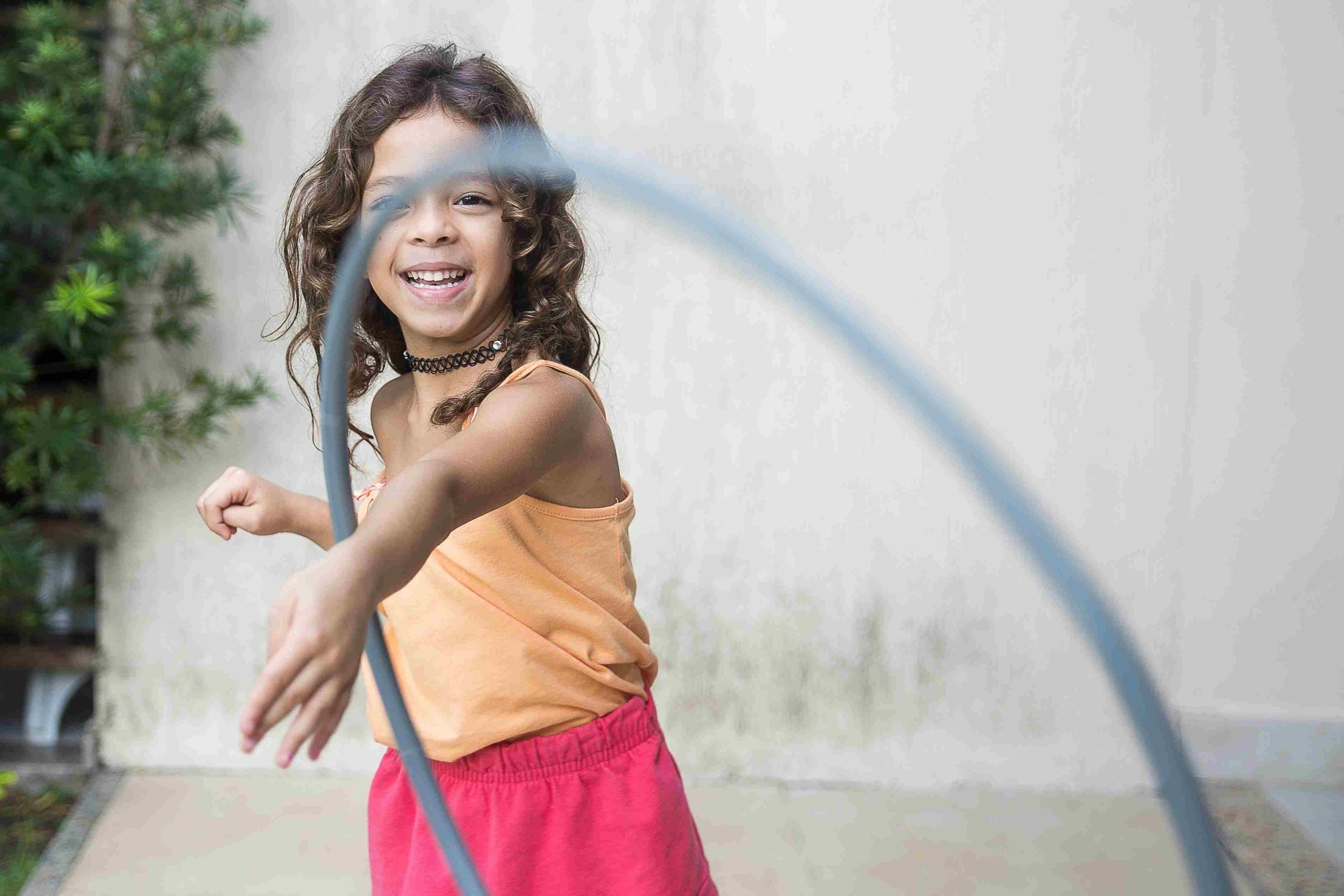
Exploring the Benefits of Outdoor Activities for Preschoolers
Preschoolers today are increasingly drawn to indoor activities, largely due to the prevalence of technology and the limitations posed by recent lockdowns and restrictions, which have curtailed outdoor engagements. However, with schools reopening and restrictions easing, the importance of outdoor play for preschoolers cannot be overstated.
Outdoor activities offer unique advantages that indoor play simply cannot replicate. Exposure to fresh air, natural light, and different environments contributes significantly to the overall growth and well-being of preschoolers. Furthermore, outdoor play fosters physical activity and encourages exploration, which are crucial for developing essential motor skills.
The Physical Development Benefits of Outdoor Play
Engaging in physical activities outdoors is particularly beneficial for preschoolers’ physical development. It provides ample space for movement and encourages growth, thereby enhancing their overall health and immunity.
- Increased Physical Activity: Outdoor play involves activities like running, jumping, climbing, and throwing, which promote physical fitness and lay the foundation for lifelong healthy habits.
- Stronger Bones and Muscles: The rigorous nature of outdoor activities helps strengthen bones and muscles, contributing to better overall physical strength.
- Improved Endurance and Stamina: Cardiovascular activities like tag and hopscotch improve cardiovascular health, endurance, and stamina in preschoolers.
- Promotion of Healthy Weight: Regular outdoor play contributes to an active lifestyle, aiding in calorie burning and maintaining a healthy weight.
- Development of Motor Skills: Outdoor play, especially with ball games, facilitates the development of fine and gross motor skills.
Social and Emotional Growth through Outdoor Activities
Besides physical benefits, outdoor play plays a pivotal role in fostering social interaction, communication skills, and emotional well-being among preschoolers.
- Encouraging Social Interaction: Collaborative outdoor games like soccer or tag teach preschoolers teamwork, communication, and cooperation.
- Exposure to Nature: Outdoor environments provide rich learning experiences about nature, promoting environmental awareness.
- Building Self-Confidence: Overcoming challenges in outdoor play boosts self-confidence and resilience in preschoolers.
- Stimulating Cognitive Skills: Outdoor activities stimulate cognitive skills, creativity, and problem-solving abilities in preschoolers.
- Enhancing Emotional Well-being: Natural elements outdoors contribute to stress reduction, improved mood, and sensory stimulation.
It’s imperative for parents, caregivers, and educators to prioritize outdoor play for preschoolers, as it lays the foundation for holistic development, health, and lifelong appreciation for nature.


